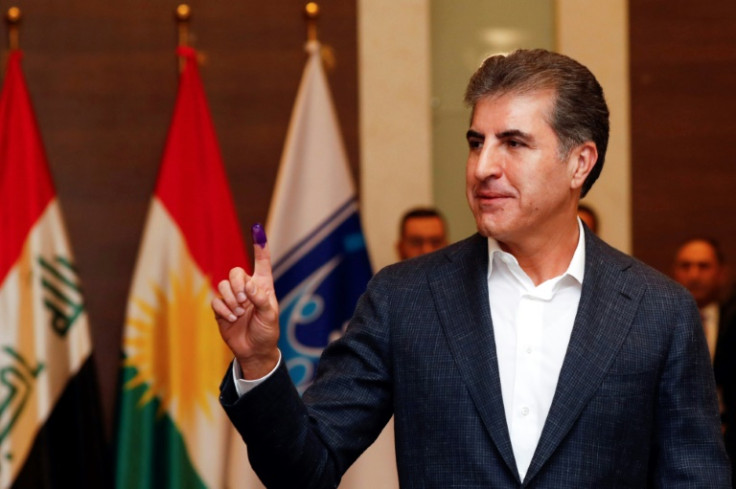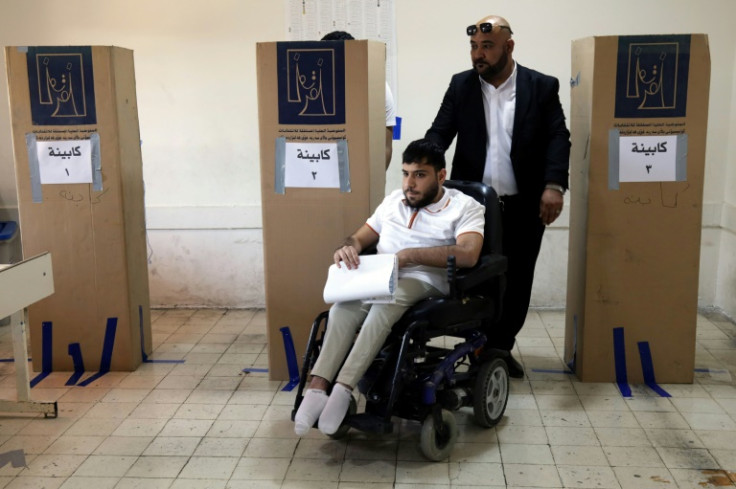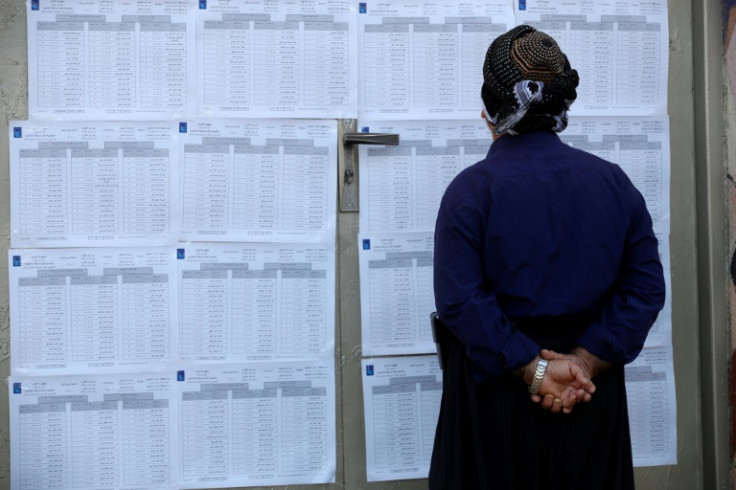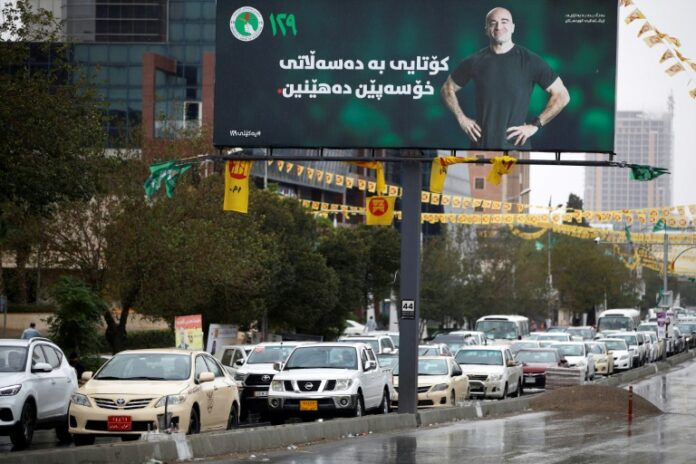Iraq’s Kurdistan region held parliamentary elections on Sunday amid concerns over economic issues and dissatisfaction with political leaders.
Despite being seen as a stable area in the Middle East, the region struggles with corruption and political repression, similar to the rest of Iraq.
The elections were delayed four times due to conflicts between the two main parties: the Kurdistan Democratic Party (KDP) and the Patriotic Union of Kurdistan (PUK), each led by influential Kurdish families.
Though they campaigned vigorously, experts noted a significant lack of public trust in these parties, driven by worsening economic conditions.
As of early afternoon, voter turnout was reported at 31%, with polling stations closing at 6 PM. Results are expected the following day.
Voters like Huri Mohammed expressed their hopes for government focus on the impoverished, despite her support for the KDP.
Opposition figures, such as those from the New Generation party and others, may benefit from a protest vote against the ruling parties.
Political analyst Shivan Fazil noted growing public fatigue with the KDP and PUK, citing deteriorating living conditions and erratic salary payments for civil workers.
The election has introduced new constituencies, potentially changing the distribution of seats in the parliament, although the KDP is likely to remain the largest party.
The current parliament consists of 100 members, with 45 seats held by the KDP and 21 by the PUK, and five set aside for minority groups.
After the elections, new representatives will select a president and prime minister, currently held by KDP leaders Nechirvan and Masrour Barzani.
The UN representative for Iraq welcomed the elections as a chance to refresh democracy in the region. However, some voters like Sazan Saduala chose to boycott, doubting any real change through the ballot.

AFP

AFP

AFP

